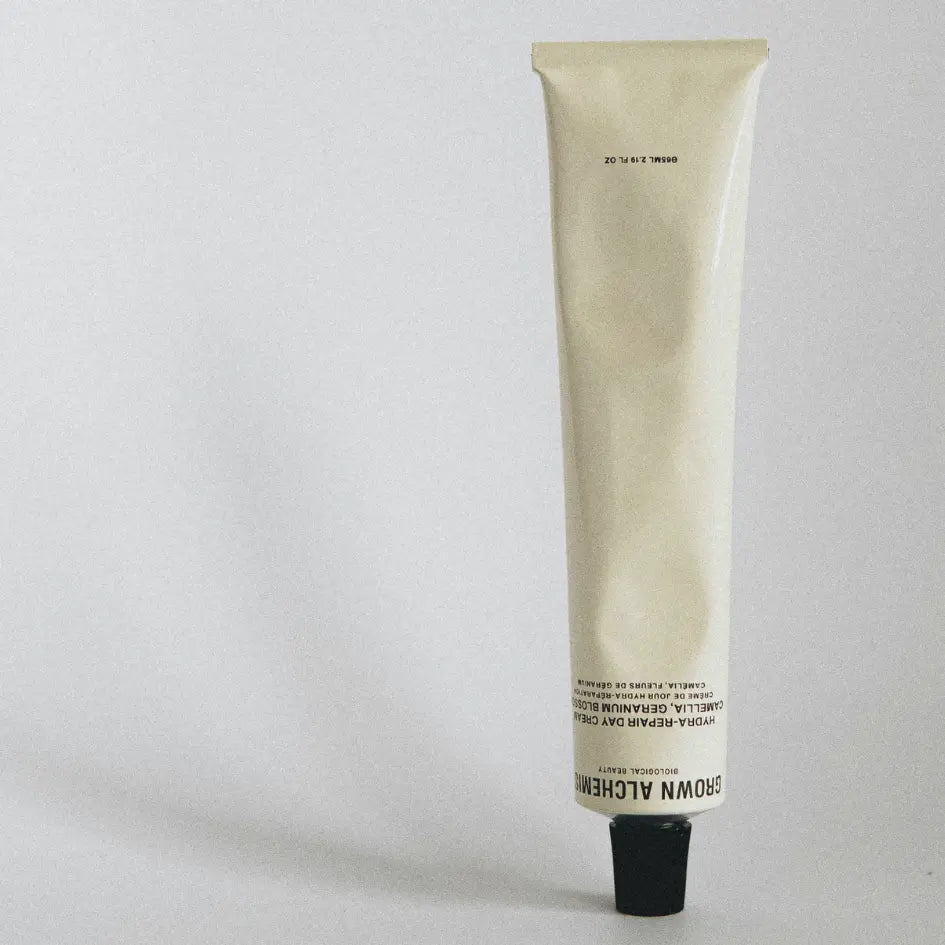Bim Bam Boo
Our ratings are based on a scale from 1 (Avoid) to 5 (Top Choice).
See how we rate.
The Shifting Gaia rating evaluates brands based on sustainable practices, ingredients and materials, and social responsibility, among others. Below are a few factors influencing this brand's score:
overview
about
Bim Bam Boo makes bamboo-based toilet paper, tissues, and wipes. Highlights
• 100% bamboo fiber
• Plastic-free FSC packaging
• USDA Biobased certified
• Vegan & cruelty-free
• Social justice giving
sustainability
details:
Packaging
For online orders, toilet rolls arrive individually wrapped in recyclable tissue paper and shipped in a cardboard box sealed with plastic-free tape. The brand avoids plastic wherever possible; even at retail, they've switched from soft plastic film to recyclable paper packaging containing 60% recycled fiber. All parts of the packaging are recyclable or biodegradable.
Bim Bam Boo also uses eco-friendly inks and adhesives; for example, individual wrappers are printed with soy-based inks on FSC-certified paper.
Ingredient Sustainability
Bim Bam Boo's tissue products (toilet paper, paper towels, facial tissues) are made from 100% bamboo fiber, processed with water, conditioners for softness, a hydrogen peroxide whitening agent, and a plant-based binder (fruit pectin). No wood pulp or plastic fibers are used (all tissue is tree-free and biodegradable). The Flushable Bamboo Wet Wipes are made of natural bamboo fiber in an aqueous solution. These wipes contain 99% water and botanical ingredients like aloe and cucumber, with gentle preservatives (no petrochemical-derived polymers or fibers). All sampled products are biodegradable and compostable at end-of-life.
By sourcing FSC-certified bamboo (organically grown in China), Bim Bam Boo avoids contributing to deforestation and ensures responsible cultivation. The brand's use of 100% plant-based inputs is verified by USDA BioPreferred certification. There are no virgin tree fibers or petroleum-based materials in the products. Even the disposable wipe substrate is free of plastic.
Energy Use and Footprint
Bim Bam Boo has taken steps to reduce its carbon footprint, though some areas lack detailed data. Historically, the company manufactured its paper products in China. However, the bamboo was harvested from a privately owned grove on the same site as the mill to eliminate transportation emissions for raw materials. In 2025, Bim Bam Boo announced it is transitioning production to North America to “reduce our carbon footprint and support local manufacturing,” signaling a move to cut the emissions of transoceanic shipping.
That said, Bim Bam Boo has not publicly released quantitative metrics on manufacturing energy use or greenhouse gas emissions. There is no current evidence of renewable energy powering production.
Waste Management
Bim Bam Boo addresses waste and pollution in its production primarily by preventing waste generation through cleaner inputs and efficient design. Traditional toilet paper manufacturing is notoriously chemical-intensive. In fact, a single roll of conventional TP can require about a gallon of chemicals (bleaches, adhesives, formaldehyde, etc.) in production.
Bim Bam Boo has deliberately engineered a different approach: their bamboo papermaking uses significantly fewer additives and avoids the worst offenders. For example, they eliminated the need for formaldehyde-based resin or animal-based glue to bind plies; instead, the 2-ply sheets are bonded with an embossing pattern, so no synthetic adhesives are needed. Because the bamboo fibers are naturally strong and silky, the tissue achieves softness without added lotions or excessive processing.
In terms of factory waste, the company hasn't published specifics on how it handles pulp byproducts or water recycling. However, the use of an elemental chlorine-free whitening process greatly reduces hazardous chlorinated effluents compared to conventional bleaching.
Business Model
Bim Bam Boo's business model inherently encourages mindful consumption and prioritizes sustainability over excessive growth. The company focuses on essential household products (bath tissue, facial tissue, paper towels, wipes) and has expanded its product line cautiously, rather than chasing trends or pumping out short-lived products. By offering subscribe-and-save plans tailored to household size, the brand helps customers buy the right amount at the right interval.
non-toxic
details:
All of the brand's tissues and wipes are chlorine-free. Instead of bleach, they use an oxygen-based whitening process (hydrogen peroxide), so there are no chlorine residuals or dioxins. The products contain no added fragrances or dyes, and thus no phthalates (often used as fragrance carriers) or artificial scents.
Likewise, the flushable wet wipes are dermatologically gentle: they are alcohol-free, paraben-free, and contain no harsh surfactants (they use a mild plant-based emulsifying cleanser instead).
Transparency in ingredients is high. The full ingredient list for the wet wipes is published on both the company site and retail listings.
social responsibility
details:
The brand's supply chain is centered on China for bamboo sourcing and paper manufacturing, and Bim Bam Boo has forged partnerships with highly regarded factories that prioritize humane working conditions. To bolster this commitment, Bim Bam Boo is actively working toward BSCI certification (Business Social Compliance Initiative).
All Bim Bam Boo products are 100% vegan, meaning they contain no animal-derived ingredients. This is significant because, surprisingly, many conventional toilet papers use animal byproducts (like gelatin or stearic acid) as binders or softeners. Furthermore, Bim Bam Boo is a cruelty-free company: neither the finished products nor their ingredients are tested on animals at any stage of development, though they currently lack certification.
The company's founder, Zoë Levin, has positioned Bim Bam Boo as not just a green brand but a socially conscious one, going so far as to call it an “anti-racist, feminist toilet paper company.” In 2020, amidst social justice movements, Bim Bam Boo made concrete commitments to support marginalized communities. They also pledged and delivered tangible aid: donating 1,000 rolls of toilet paper to local charities serving the Black community in Minneapolis, where the company is based. In terms of broader community engagement, Bim Bam Boo regularly partners with local organizations and participates in educational outreach.


